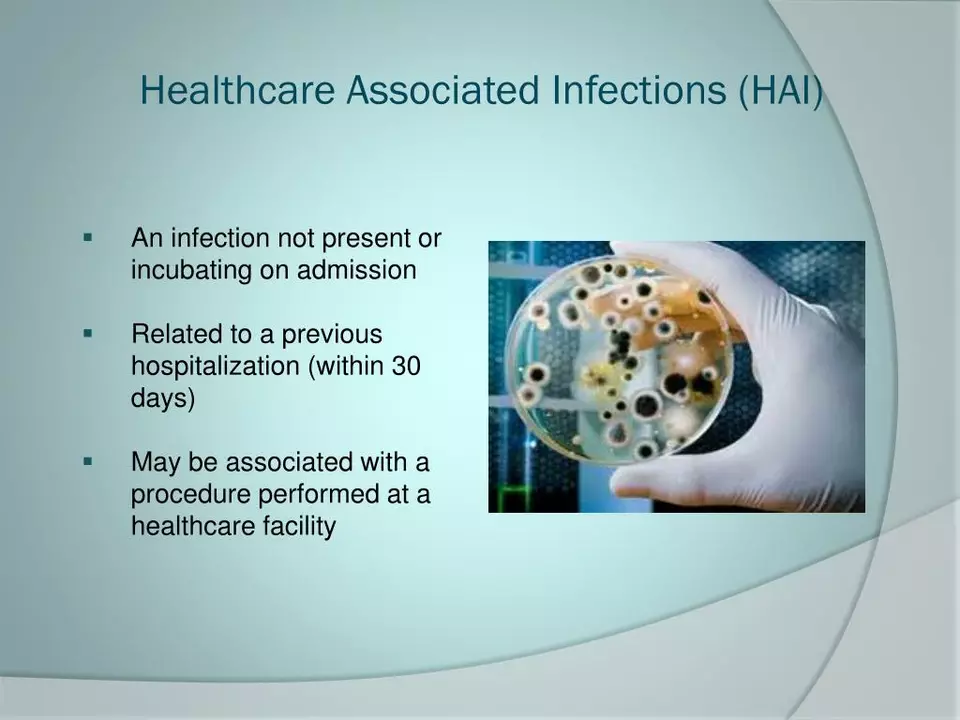Preventing infections: practical everyday steps
Preventing infections is easier than you think. Small daily habits cut your risk a lot. This page pulls practical steps you can start using today — at home, work, or while traveling.
Daily habits that work
Wash your hands with soap and water for at least 20 seconds, especially after using the toilet, before eating, and after coughing or sneezing. If soap and water aren’t available, use an alcohol-based hand rub with at least 60% alcohol. Keep nails short and clean; germs hide under long nails.
Cover coughs and sneezes with a tissue or your elbow. Toss used tissues straight away and wash hands. Stay home when you are contagious and wear a mask around people who are vulnerable. Vaccines reduce the chance of many serious infections—stay up to date with seasonal shots and travel vaccines.
Handle wounds right: clean cuts with soap and water, apply an antibiotic ointment if recommended, and keep the area covered until healed. Change dressings with clean hands and check for redness, swelling, or pus—those are signs to see a doctor.
Food safety matters. Cook meats to safe temperatures, wash fruits and vegetables, and keep raw and ready-to-eat foods separate. Refrigerate leftovers within two hours and reheat thoroughly.
For urinary and genital health, drink water, pee after sex, and avoid irritating products. If you are prone to yeast or bacterial infections, talk to your clinician about prevention options, including probiotics or targeted treatments.
Using antibiotics and medicine wisely
Antibiotics only work for bacterial infections, not for colds or most sore throats. Take antibiotics exactly as prescribed and finish the course unless your doctor tells you otherwise. Don’t save leftover antibiotics or share them. Misusing antibiotics makes future infections harder to treat.
For fungal infections like athlete’s foot or nail fungus, keep feet dry, change socks daily, and use topical antifungals early. If over-the-counter options fail, see a clinician for prescription choices.
Travel smart: research vaccines and local risks before you go. Avoid tap water in places where it’s unsafe, peel fruits, and use bottled water to brush teeth if needed. Carry a small first-aid kit and any necessary prescriptions in original packaging.
If you live with someone who is immunosuppressed, be extra careful—limit visitors when sick, clean common surfaces often, and talk with their healthcare team about extra protections.
When to see a doctor: seek help for high fever, spreading redness, deep wounds, trouble breathing, severe pain, or signs of dehydration. Fast treatment prevents complications.
Clean high-touch surfaces regularly: door handles, light switches, phone screens, and remote controls. Use household disinfectants or a bleach solution when someone is sick. Wash bed linens and towels weekly, and more often if ill. For shared bathrooms, keep a spray bottle with disinfectant and a paper towel you can throw away after use. If you care for a sick person, wear gloves and a mask during close contact and wash hands immediately after then rinse.
Pick a few tips from this list and add them to your routine. Small changes add up and keep you and your people healthier.
